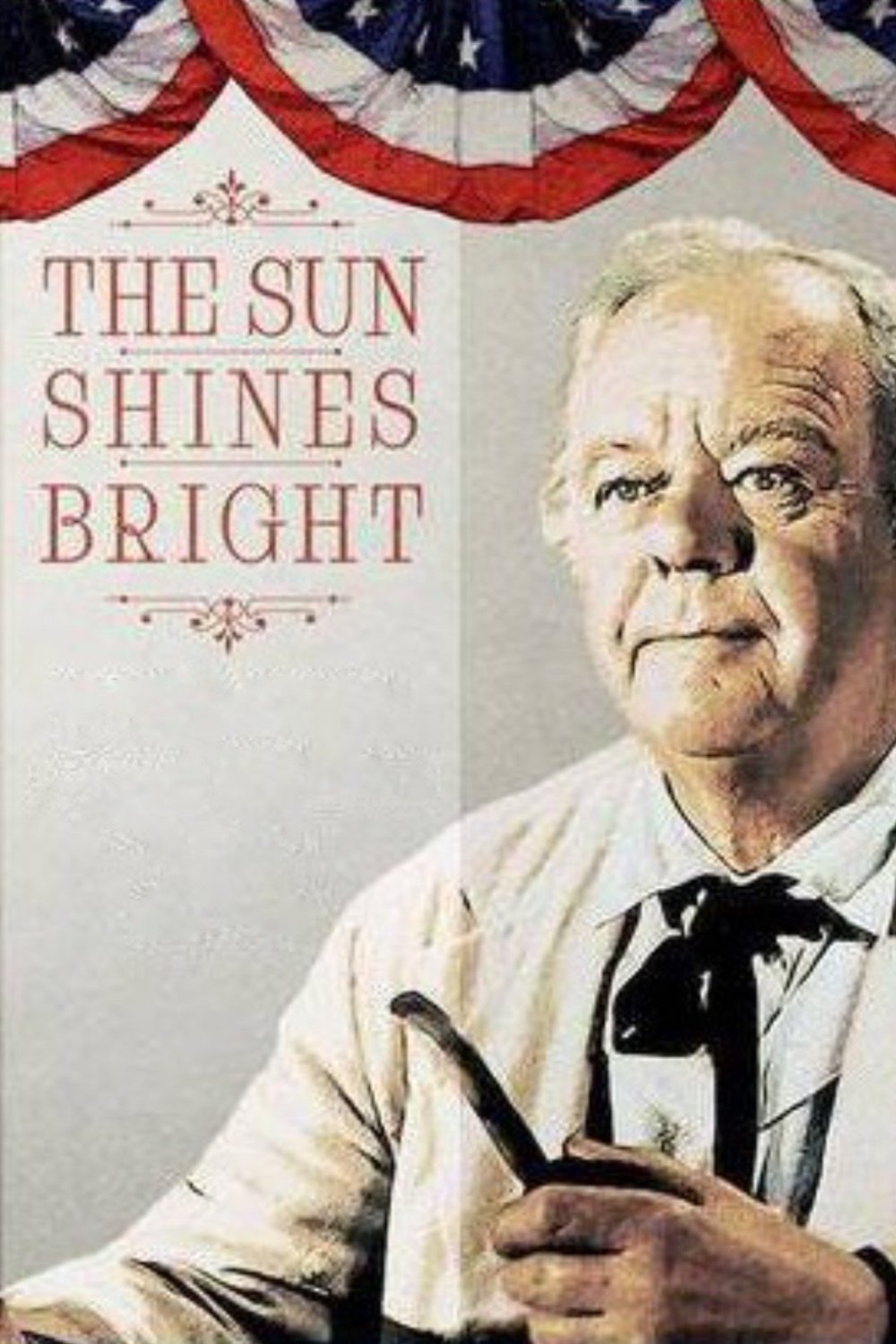
The Sun Shines Bright
The Sun Shines Bright
- Status: Released
- 02-05-1953
- Runtime: 102 min
- Score: 6.44
- Vote count: 42
With the election approaching, a judge in a Southern town at the turn of the 20th century is involved variously in revealing the real identity of a young woman, reliving his Civil War memories, and preventing the lynching of an African youth.
Cast
Trailer
Review
"Priest" (Charles Winninger) is a Kentucky judge who is coming up for re-election and it's going to be a tough challenge. The town is divided roughly along the lines of an old Civil war mentality, congenially enough amongst the white folks but still consigning the black population to their traditional societal sub-strata. The judge's chances of winning become distinctly precarious when he intervenes in one case where a lawless bunch are apt to lynch a young man for an alleged crime against a white girl. Their evidence seems predicated solely on the racket caused by their bloodhounds and this is a man of principal who requires the rule of law to be upheld. His beliefs cause him yet further problems as a tragedy befalls the community that causes him, yet again, to take a stance that isn't going to win him many supporters either. Along the way, we delve a little into the history of the townsfolk during the war and the whole thing is underpinned with a geniality that Winninger delivers well. It emphasises the value of community, but only when community values and enforces it's own standards. Shame and, to a degree, contrition, are used quite successfully here to illustrate those points - but it's all presented in a light-hearted fashion. Can he win the vote, though?

